MOOC ETH in Regenerative Materials and Construction
earth. bio-based. reused
The Massive Open Online Course in Regenerative Materials and Construction (MOOC ReMat) is a free open access online course aiming to introduce the basis of regenerative sustainability in the construction domain, guiding the audience through an overview of its construction materials and techniques.
This MOOC officially starts on the 9th of September 2025.
You can enroll on the external page EdX platform.
With a specific focus on solutions suitable for rapidly urbanizing contexts, such as the African, Asian and Latin American continents, it offers a combination of theoretical and practical inputs and interviews with practitioners from Europe and beyond. The materials and technologies explored over the modules are: earth, bamboo, bio-based as timber and straw, and waste-based, both in their characterization and in their potential application and benefits.
The course targets all professionals involved in the construction supply and development, such as architects and engineers, builders, material producers, technical personnel, and city officers, with an interest in sustainability in the construction domain from an environmental, economic and social perspective.
The content is proposed in a hybrid learning format, which combines video input, complementary text, and active learning exercises to keep the audience engaged. It is organized over five modules:
- MODULE 1: Regenerative Sustainability in Construction
- MODULE 2: Earth-based materials
- MODULE 3: Bio-based Structural - Timber and Bamboo
- MODULE 4: Bio-based Non-structural - Straw, Hemp, and More
- MODULE 5: Material Characterization and Behavior
Interviews and guest speakers:
In addition to the knowledge of the Chair of Sustainable Constructions and from our parterns from Amàco and INBAR, we have teamed up with professionals from the sector and academia. You’ll hear from them in our short interviews, and through their own guest inputs:
-
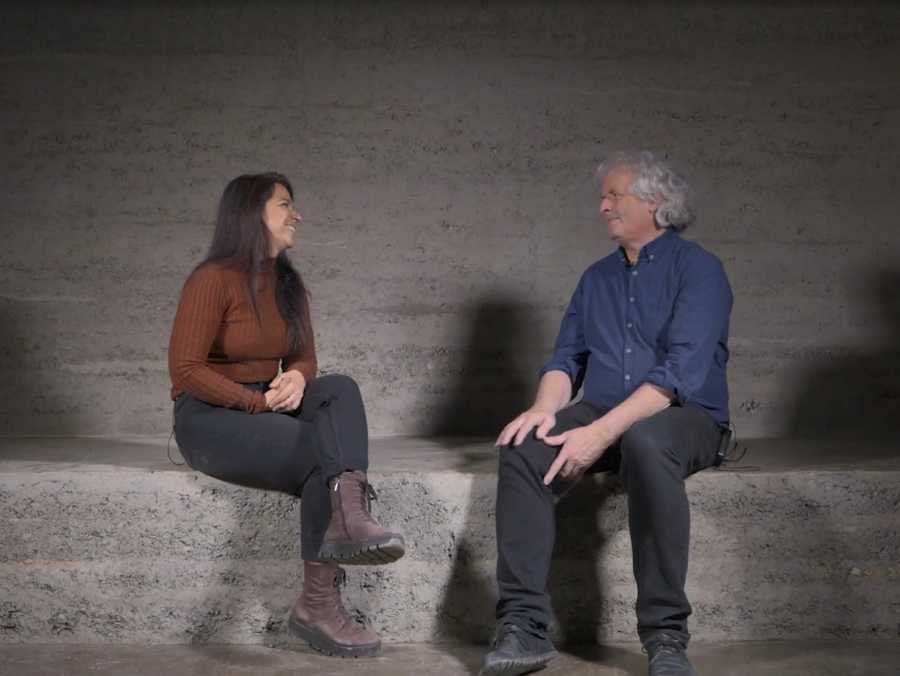
Dr. Giulia Celentano in conversation with: Martin Rauch, Lehm Ton Erde -
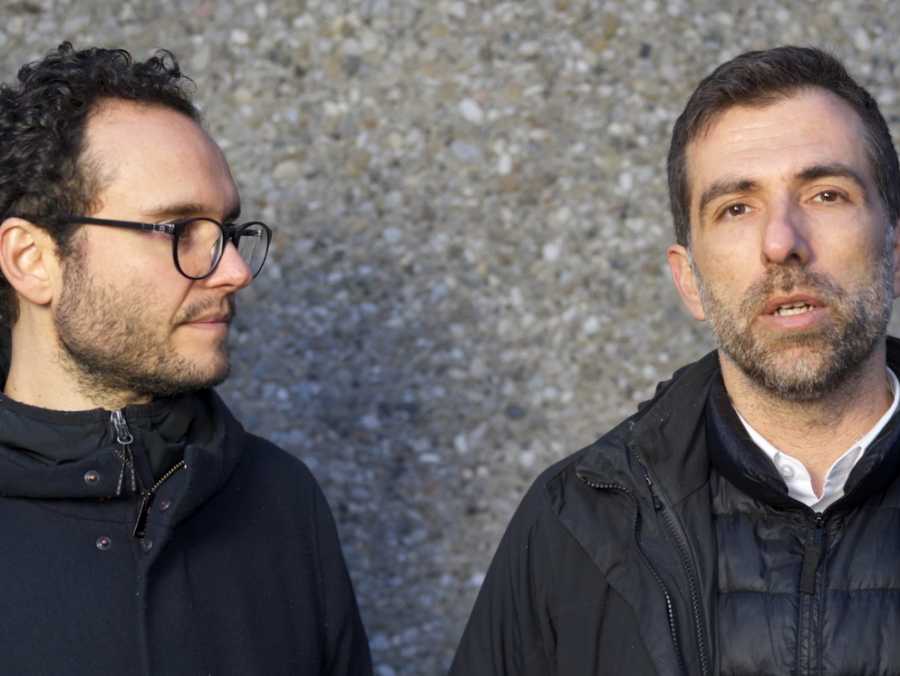
Architect Nuno Fernandes in conversation with: Duarte Britto, Studio Hammer -
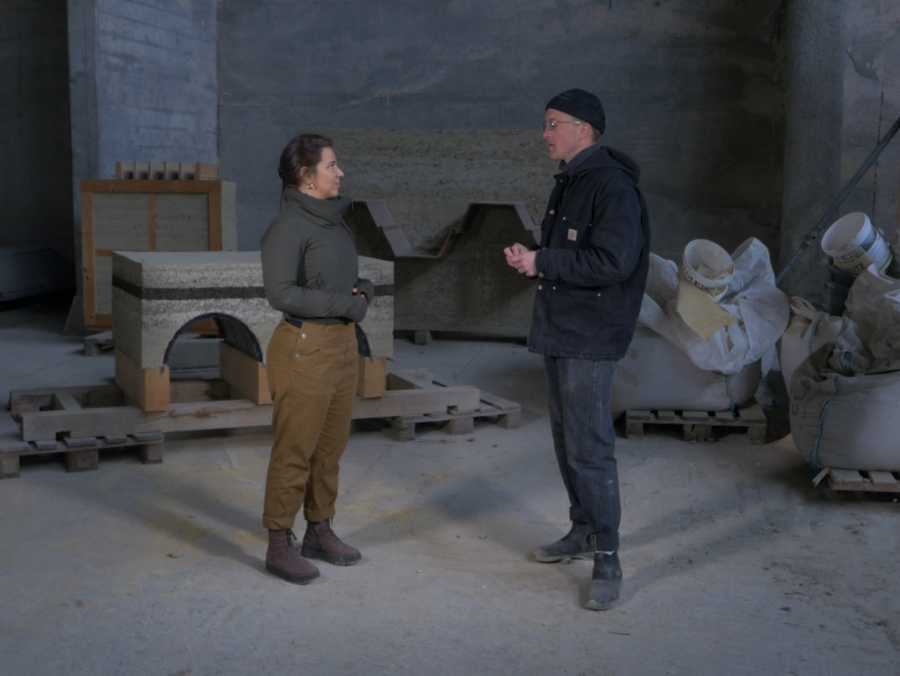
Dr. Giulia Celentano in conversation with: Felix Hilgert from LEHMAG AG
The course guest speakers list include scientists, practitioners, producers, and more, such as:
- Martin Rauch, founder of Lehm Ton Erde and internationally renowned as a leading expert in the field of rammed earth construction
- Luis Felipe Lopez, technology director of the BASE Bahay Innovation Center with focus on bamboo-based and other alternative building technologies.
- Prof. Lola Ben Alon, Assistant Professor at Columbia GSAPP and director of the Natural Materials Lab and the Building Tech curriculum.
- Laurent de Wurstemberger, Co-Founder Terrabloc - Producer of earth-based construction products,
as well as: Johann Baar from Hilti Foundation, Prof. Lola Ben-Alon from Columbia GSAPP, Studio Hammer, Felix Hilgert from LEHMAG AG, Prof. Dr. Mu Jun from Beijing University of Civil Engineering and Architecture, Martin Mackowitz from Lehm Ton Erde (LTE), BC materials, Prof. Dominique Gauzin-Muller, Dr. David Trujillo from Coventry University / Atelier One, Dr. Michael Klippel and Dr. Tobias Luthe, ETH Zurich, Prof. Francesco Pittau from Politecnico di Milano and Alejandro Montes González from COAA.
-
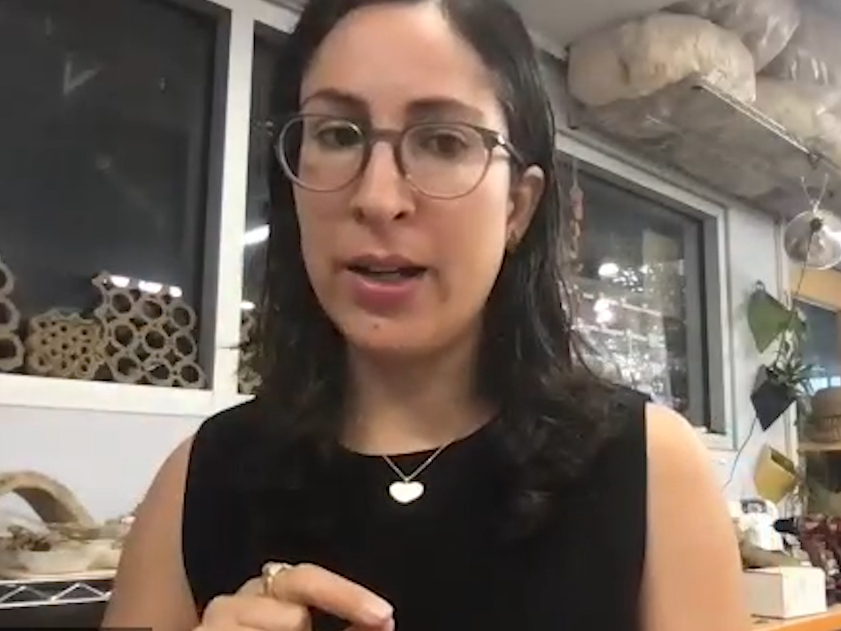
Prof Lola Ben Alon from Columbia University giving a light overview of Mix design in Module 5. -
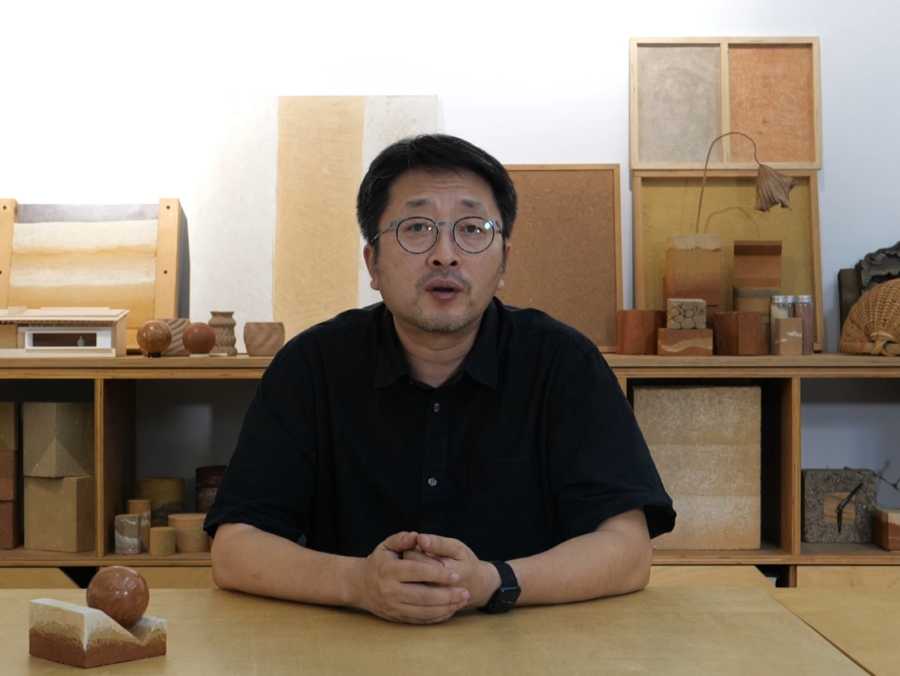
Prof. Mu Jun from Beijing University discussing design recommendations for earth-based construction in Module 2.
To follow the course you’ll need an understanding and interest on the construction practice. You do not need any degree to attend the course, nor any specific knowledge on sustainability and regenerative materials.
A good level of English is required.
The course is 5 weeks long, self-paced, with learning resources made available for you at any convenient time based on your schedule, free of charge in English on the external page EdX platform.
The course aims to make the knowledge and teaching produced by the ETH Chair of Sustainable Construction widely accessible. The ReMat MOOC is the result of a team effort, of which you’ll see just some of the faces! Under overview of Prof. G. Habert, the ReMat MOOC team is composed by: Dr. Giulia Celentano, Nuno Fernandes Silva, Hager Al Laham, Sofija Ljumovic and Ariadni Androulaki. A special thanks to all the group colleagues that supported the extensive work and especially to those who – literally! – put their face on it: Dr. Arnaud Evrard, Dr. Edwin Zea Escamilla, Dr. Magda Posani, Dr. Verena Göswein, Dr. Yi Du, Julie Assunção.
The MOOC is developed in partnership with external page Amàco and external page INBAR, supported by Innovedum and external page Hilti Foundation.
And while you wait for the course to be finally – and soon! – online, here some more snaps to get a taste of it!
-
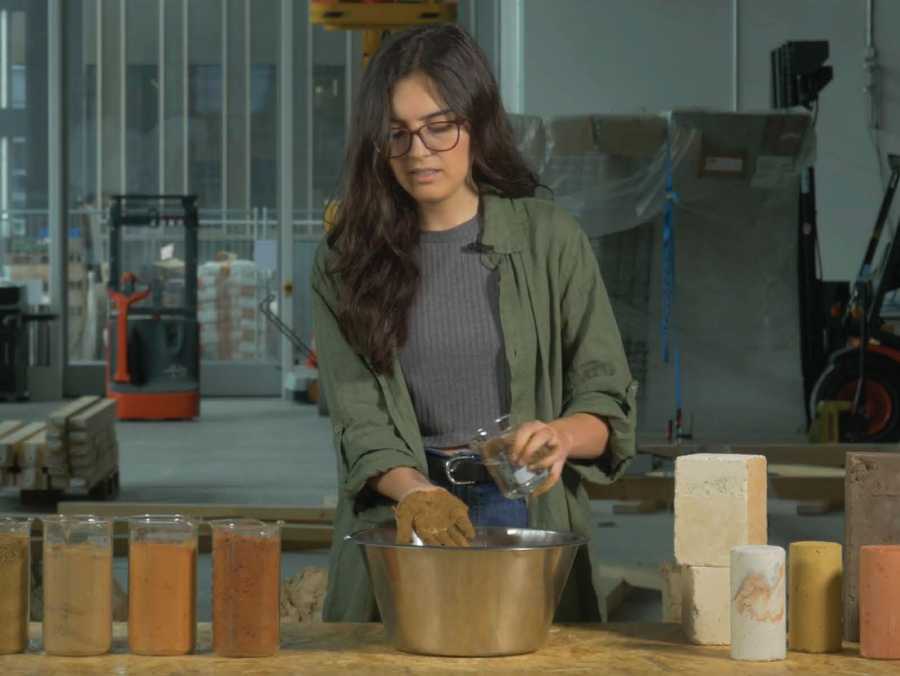
Julie Assunção on variability of earth -
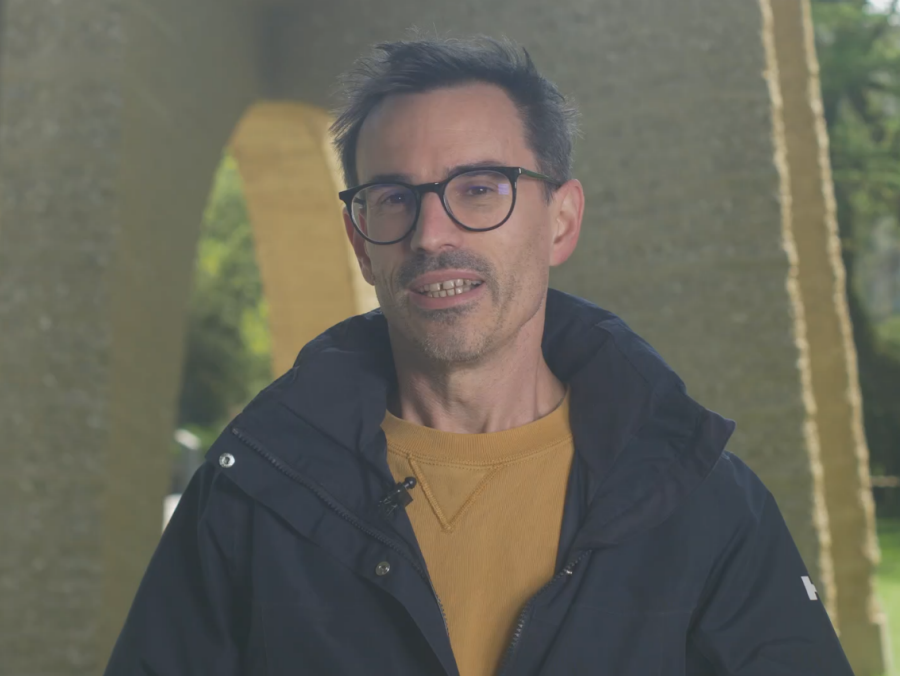
Prof. Guillaume Habert on earth as a resource
-
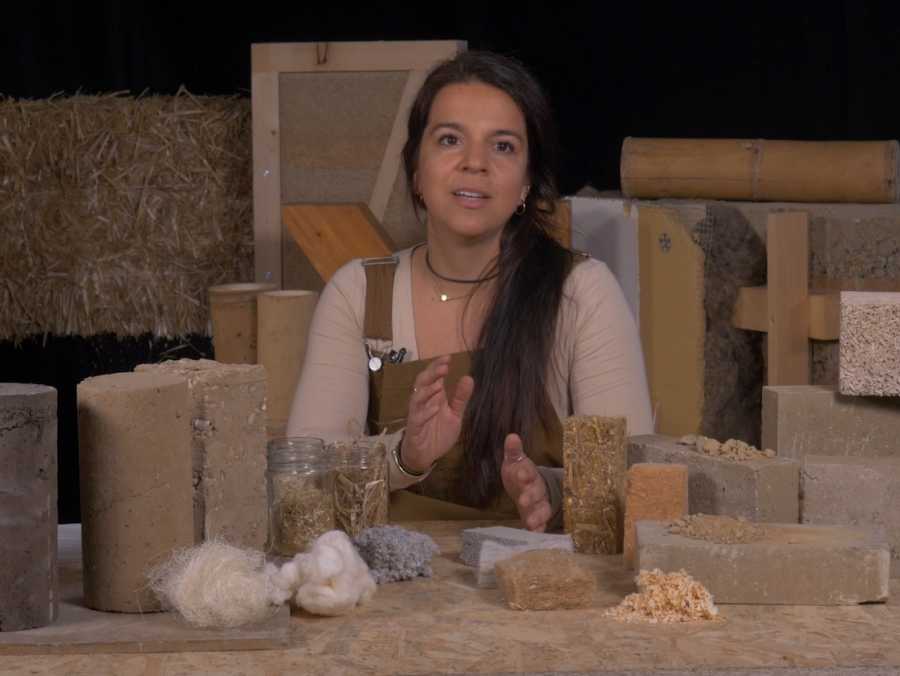
Dr. Giulia Celentano on transformation processes from resource to implementation -
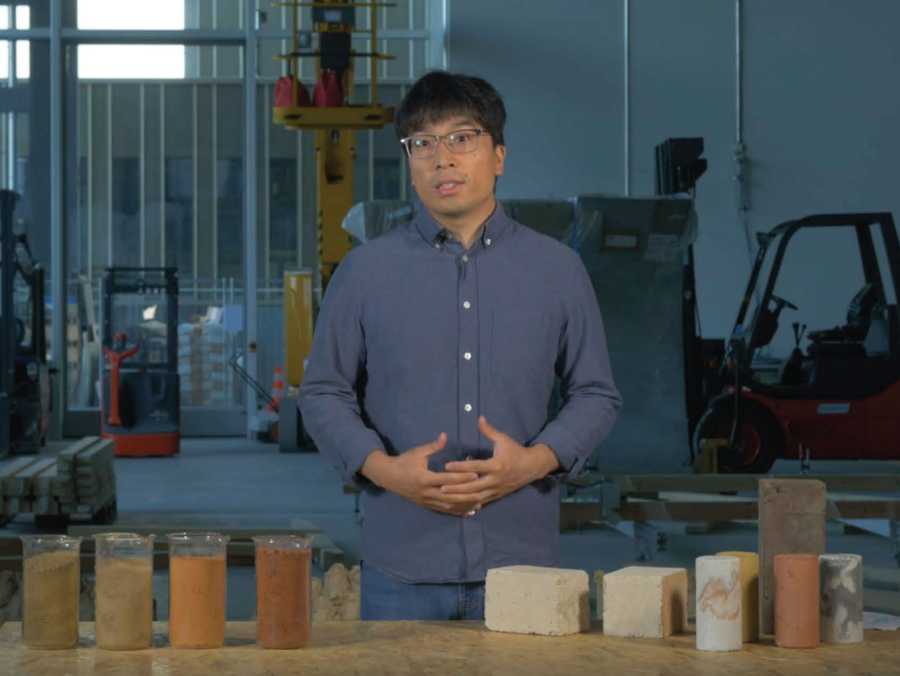
Dr. Yi Du on water resistance and waterproofing
-
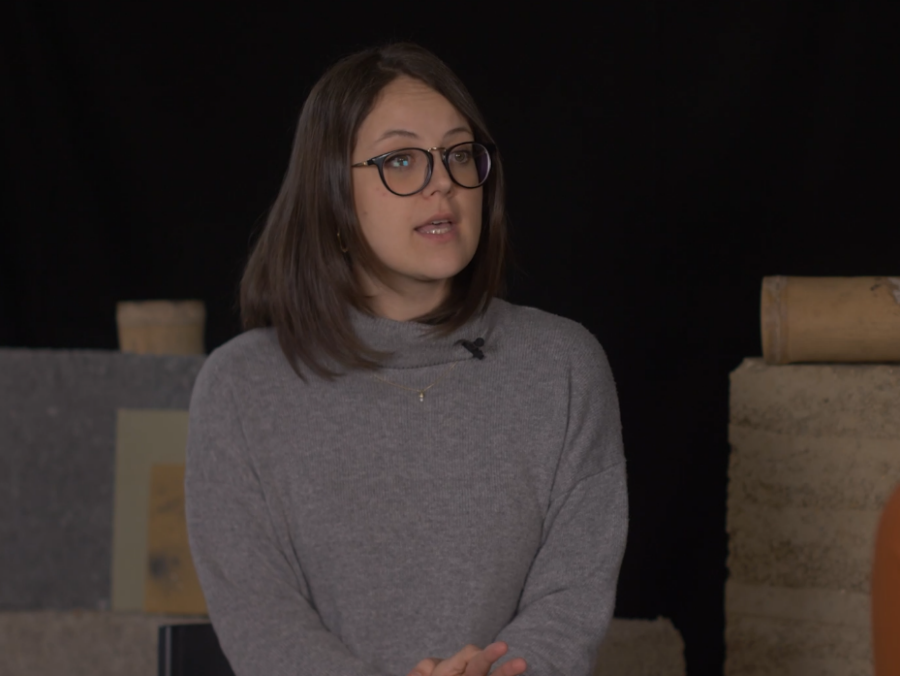
Dr. Magda Posani on moisture buffering capacity -
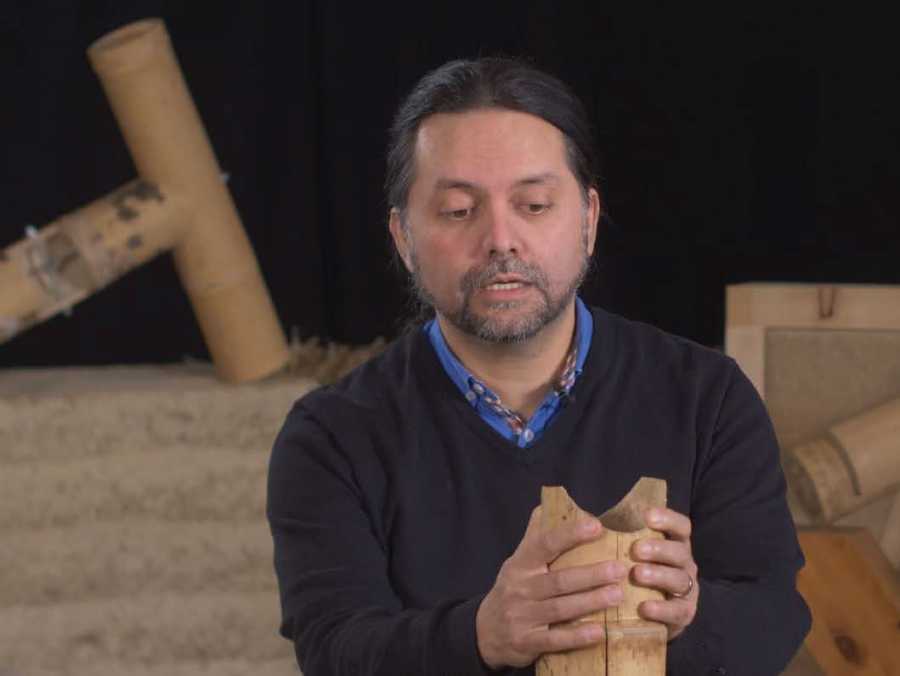
Dr. Edwin Zea on engineered bamboo
-
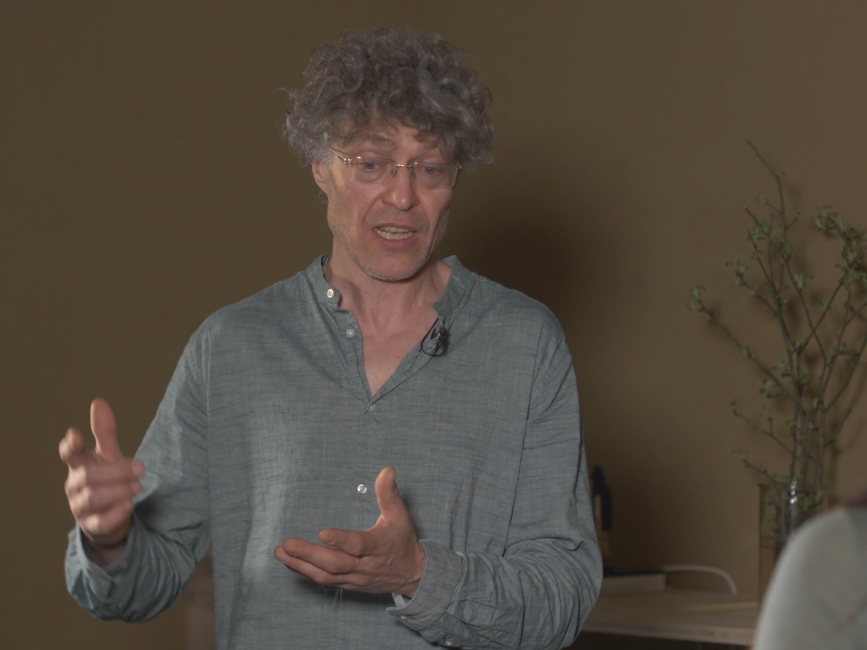
Dr. Arnaud Evrard on housing retrofitting -
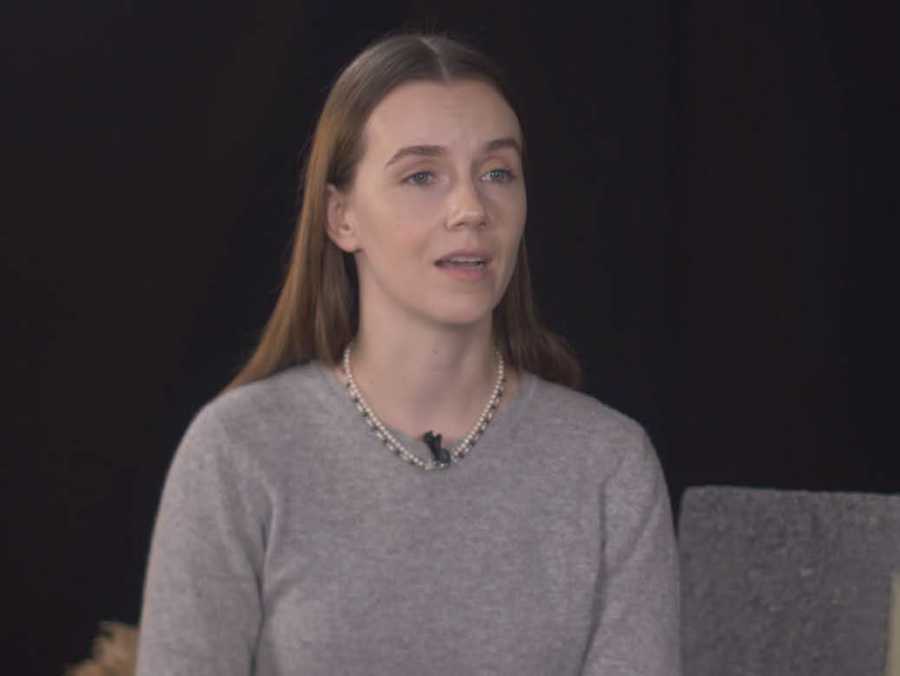
Dr. Verena Göswein on barriers on the implementation of regenerative materials
Certificate
Our strong recommendation is to take advantage of the course's free auditing version, which gives you access to the entirety of the materials the course offers. However, EdX does provide a paid version of taking the course, which grants you a certificate of completion. Do take into consideration this certificate is issued by EdX, so no ECTs (academic credits) can be obtained by concluding the course. We hope that this introductory and light course will interest and motivate you to embark in a more detailed program, like our CAS/DAS ETH in Regenerative Materials.

